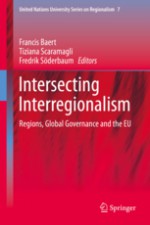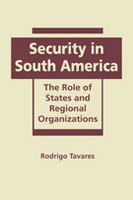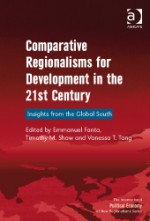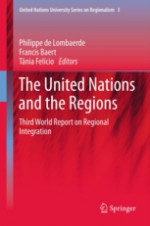Capacity Survey: Regional and Other Intergovernmental Organizations in the Maintenance of Peace and Security
Regional organizations are an inescapable feature of international politics. Virtually all countries in the world are members of at least one regional or other intergovernmental organization. In a globalized era of assertive competition and porous borders, the orthodox notion of nation-state is undergoing a major overhauling, which creates conditions for alternative political actors, such as regional organizations, to come to the forefront. Since the end of the Second World War, regional organizations have traditionally been formed around economic, political or environmental objectives. However, over the last decades these organizations have gradually penetrated into the peace and security sphere and developed their capacities in conflict prevention, peacekeeping, or post-war reconstruction. In Europe, Africa, Asia, or the Americas, regional and other intergovernmental organizations have been empowered by the UN and national governments to maintain peace and security concurrently. Former UN Secretary General Kofi Annan noted in his report ‘A Regional-Global Security Partnership – Challenges and Opportunities’ 1 (2006) that, “even in a future situation in which the various roles of partner organizations are clarified, the partnership [with the UN] will not be effective if the vast discrepancy in the capacities of the regional and other organizations around the world is allowed to continue.” But what are their capacities?
Other books by these authors
Featured Books
No featured books





